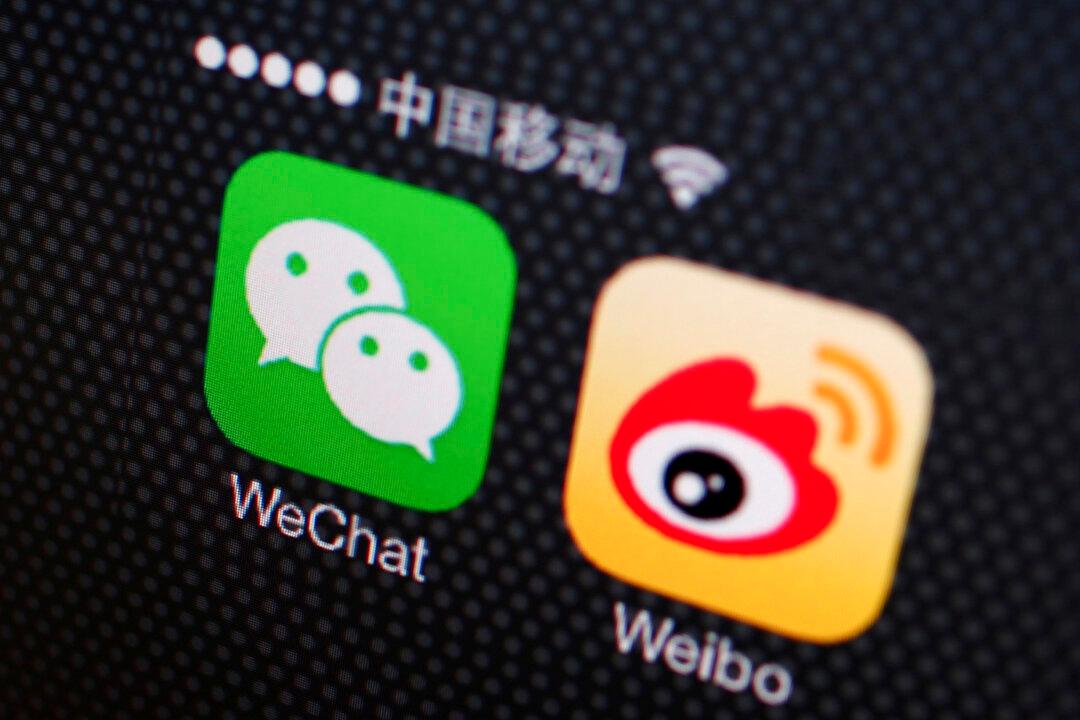The Chinese Communist Party (CCP) began censoring some tariff-related content on social media platforms on April 9 after higher U.S. tariff rates kicked in, including 104 percent duties on Chinese goods, which were further increased to 125 percent the same day.
Social media posts criticizing the United States were top hits.





